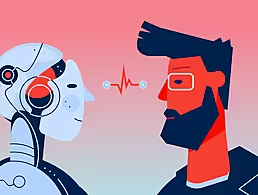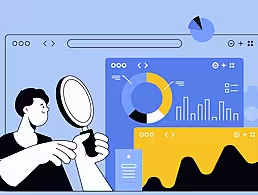So many programming languages, so little time. For newbie software developers, or budding data scientists, here’s what you need to know about R programming.
As there are a myriad of programming languages out there, it can be hard to know where to start and how to figure out which one is best for you when you’re an aspiring coder.
Whether you’re just starting out and wondering which language to learn first, or you’re a seasoned developer considering picking up a new programming language, there are so many options.
One of the most popular and well-known languages is R programming. It’s particularly popular for those interested in machine learning, data mining and statistical analysis.
But what else do you need to know about R programming before you consider diving in?
Andy Madigan, head of technology at e-learning platform Alison, says R programming is not for general programmers so much as it is for those with aspirations of becoming a data scientist. “R is the most popular data manipulation language today,” he said.
“It is still on the rise, and for good reason. It was created with data in mind and is key to most current developments, ranging from data visualisation to machine learning.” However, when it comes to newbie developers, Madigan said C and Java are better for learning programming.
For those who are interested in becoming a data scientist or analyst, Madigan says R programming is actually easier to learn if you’re a beginner.
“For an experienced programmer, it presents more confusion; the lack of control of variables, the confusing function naming,” he explained.
“Experienced programmers usually switch languages fairly easily because there are common behaviours and logic rules, but this is definitely not the case with R.”
Madigan said that while it’s difficult to differentiate R programming from other languages without going into specifics, R takes a vectorised approach, which is rare.
“It has a loose management of vectors and parameters. As packages are generally written by different authors, they can be built inconsistently.”
For budding data scientists and others interested in learning R programming, Alison offers a number of online courses on the subject, from introduction to R for data science to R for data analysis.
Alison also has a number of more general courses for those interested in pursuing a career in data science and machine learning.
“These courses really clearly explain the concepts to the learner, bringing them through real-life problems and tasks,” said Madigan.




